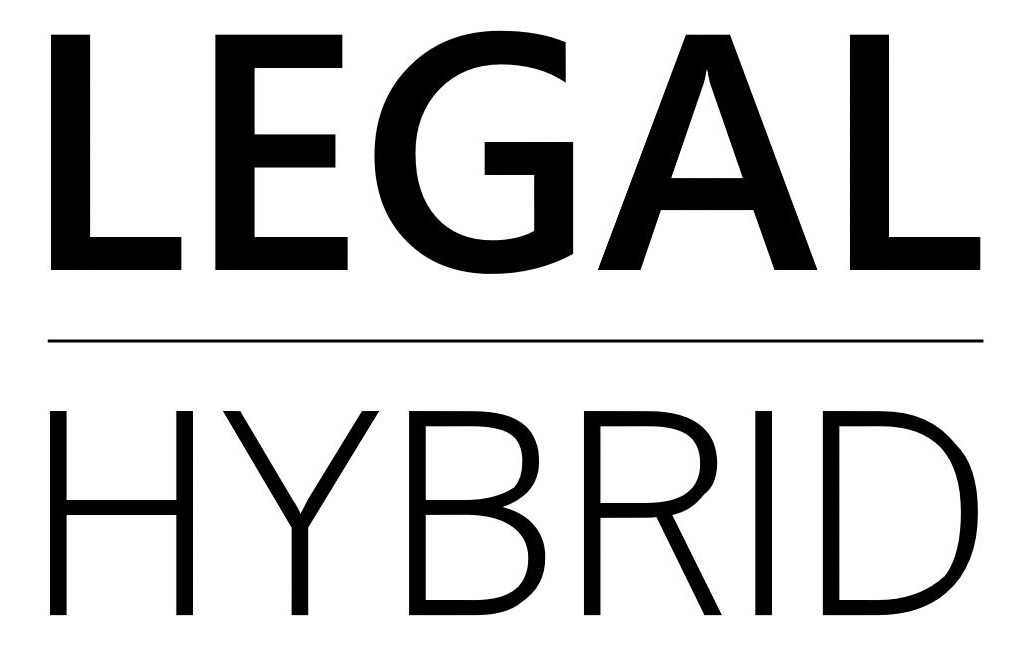Next domino falls: military officers taking power in Gabon
On Gabonese national TV, soldiers declared the cancellation of recent election results and the dissolution of “all the institutions of the republic.” This development occurred not long after the national election authority’s statement that President Ali Bongo Ondimba had won a third term in the elections.
The Central African country was known for its relative political stability compared to some of its neighboring countries. It has experienced fewer conflicts and coups, contributing to a more stable environment.
Oil exports constitute a significant portion of its economy. This resource wealth influences the country’s geopolitical relationships, particularly with oil-importing nations. Apart from oil, Gabon is rich in other natural resources such as manganese, timber, and minerals.
In spite of its oil riches, Gabon grapples with economic inequality, characterized by a notable wealth gap between different segments of its population.
Gabon is a member of various regional organizations, such as the Economic Community of Central African States (ECCAS) and the Central African Economic and Monetary Community (CEMAC), and sustains diplomatic ties with an array of countries, including France (its former colonial power), China, the United States, and various African and European nations.
Like many African nations, Gabon has attracted Chinese investment in infrastructure projects, which has implications for its geopolitical relationships, especially with traditional Western partners.
